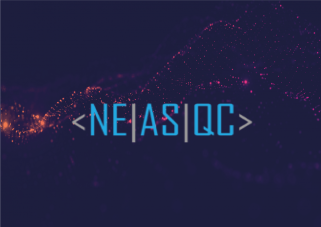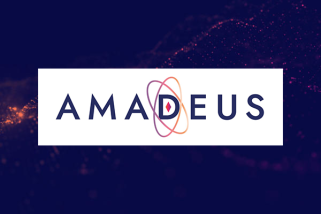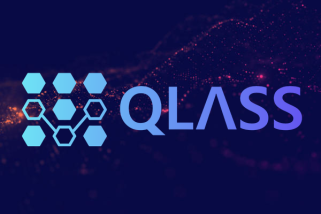Sensing and Metrology
iqClock - Integrated Quantum Clock
The project
Optical clocks are amazingly stable frequency standards, which would be off by only one second over the age of the universe. Bringing those clocks from the laboratory into a robust and compact form will have a large impact on telecommunications (e.g. network synchronization, traffic bandwidth, GPS free navigation), geology (e.g. underground exploration, monitoring of water tables or ice sheets), astronomy (e.g. low-frequency gravitational wave detection, radio telescope synchronization), and other fields. Likewise, techniques developed for robust clocks will improve laboratory clocks, potentially leading to physics beyond the standard model.
Content could not be displayed
Please accept marketing-cookies to watch this video.
To make this a reality, we have founded the Quantum Flagship iqClock consortium, assembling leading experts from academia, strong industry partners, and relevant end-users. We will seize on recent developments in clock concepts and technology to start up a clock development pipeline along the TRL scale.
Our consortium represents a nucleus for a European optical clock ecosystem, which will continuously deliver competitive products and foster the development of clock applications. Our first product prototype will be a field-ready strontium optical clock, which we will benchmark in real use cases, such as network synchronization (TRL 6). This clock will be based on a modular concept, already with the next-generation clocks in mind, which our academic partners will realize (TRL 3-4). By their operation principle, these optical clocks are more robust than the current ones and have come into reach by recent breakthroughs, some of which achieved by our partners. We will leverage the foundational work by the consortia QuantERA Q-Clocks and JRP f17 USOQS, which have joined partners with us, and translate their work into a higher TRL. To increase our impact and to broaden our industry base, we will reach out to all stakeholders, train the next generation of quantum engineers, educate and listen to end-users, and enrich the exchange of scientific ideas.
This project has received funding from the European Union’s Horizon 2020 research and innovation program under grant agreement No820404.



